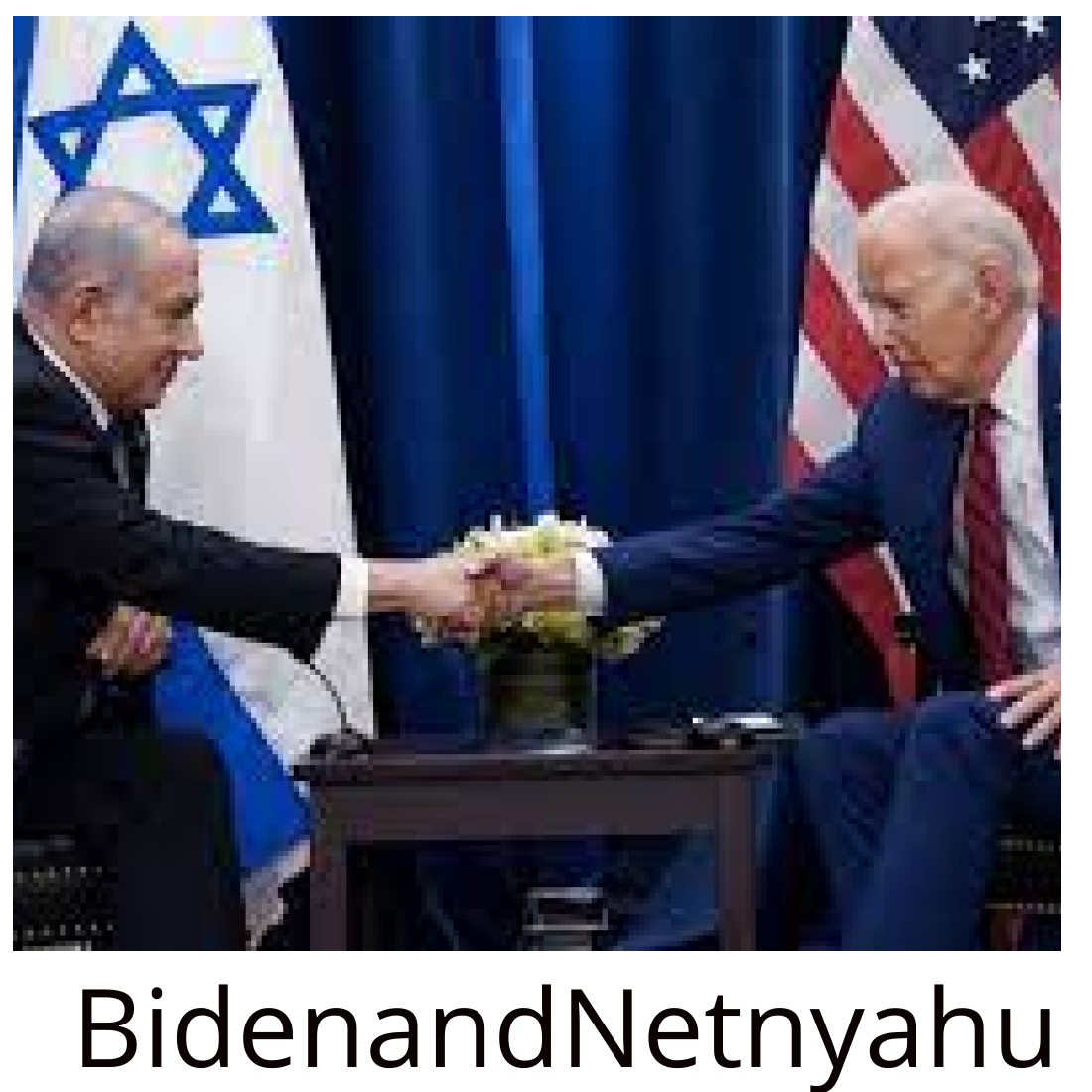Netanyahu assured Biden that he was not ruling out the creation of a Palestinian state in any capacity.”
In a phone conversation with President Joe Biden on Friday, Israeli Prime Minister Benjamin Netanyahu clarified that his remarks made in public the day before, in which he seemed to reject the notion of establishing a Palestinian state, were not meant to stop anything from happening. CNN was informed by someone acquainted with the conversation.
The person described the discussion between Biden and Netanyahu as “serious” and “comprehensive,” noting that they talked about possible characteristics of a future Palestinian state and that they finally realized more communication was necessary.
There have been recent discussions among Biden administration officials concerning what Netanyahu envisions as the future state of Palestine. Biden is aware with the idea of palestinian state that is either demilitarized or has limited military capabilities, according to an official citing years of discussion on the subject. In addition, the person said that these ideas are taught in schools and influence the president’s decisions because they guarantee Israel’s security in the event of a two-state solution.
For reactions on the remarks, CNN contacted the office of the prime minister.
Speaking to reporters at the White House a few hours after the phone conversation with Netanyahu, Biden hinted at the idea, noting that there are several versions of two-state solutions and that numerous nations that do not have their own armed forces or clearly defined boundaries are UN members. He conveyed his conviction that there are solutions available.
He was less specific about how he planned to accomplish it, though.
“I’ll let you know when I agree with them [Netanyahu],” Biden said to reporters.

The uncertainty underscored Biden’s impending battle as he tried to negotiate a new terrain with Netanyahu, who was attempting to apply pressure to change his mind about Gaza’s future. Hopes for a resolution to the protracted war persist despite significant American efforts over the past few months engaging officials from Israel and the wider region in developing a strategy.
The establishment of a Palestinian state with security assurances for Israel, according to Biden and his senior aides, including Secretary of palestinianState Antony Blinken, who traveled to Israel and the surrounding area last week, is the only path toward achieving peace and stability in the Middle East.
At a press conference on Thursday, Netanyahu announced that he had turned down their requests, citing a clash with Israel’s security needs. He claimed he was questioned about reports he had informed American authorities he disagreed with the concept of Palestinian sovereignty during a press conference in Tel Aviv.Though Biden’s aides think a settlement won’t happen soon, it is still unclear how the two leaders will close this gap. However, Biden says that the prospect of a Palestinian state that is demilitarized is just the beginning.An Arab leader who Egyptian President Abdel Fattah al-Sisi has made public remarks regarding the concept of a demilitarized Palestinian state.
“We declared the region’s preparedness for demilitarization, affirming our commitment to unwavering support from organizations like the United Nations, NATO, Arab or American administrations, or any other pertinent entities.” committed until the attainment of security for the concerned states,” President Sisi proclaimed in a press briefing held in November regarding the state of Israel
Additionally, “looking at it realistically,” Biden told reporters on Friday that he thought his Israeli counterparts would eventually consent to a two-state solution.
The forty-minute phone conversation with Netanyahu on Friday was the first they had had in about a month. The White House report claims that no new agreements about Gaza’s future or the course of the fight were reached.
According to National Security Council spokesman John Kirby, Biden reaffirmed during the call his strong belief in the viability of a two-state solution and promised that they would not arrive there overnight.
Over the course of their more than 40-year friendship, Biden and Netanyahu have found themselves at odds before and after the October 7 strikes by Hamas. In addition to expressing concern for Netanyahu’s recent remarks, Biden has previously said that the political climate in his administration makes it challenging for the prime minister to modify his position on Gaza.
In private, U.S. officials have revealed that they share this opinion of Netanyahu’s most recent remarks, considering them to be politically driven in light of Israel’s struggles to gain the release of hostages and other prisoners following the October 7 assaults, which put tremendous pressure on Israel.
